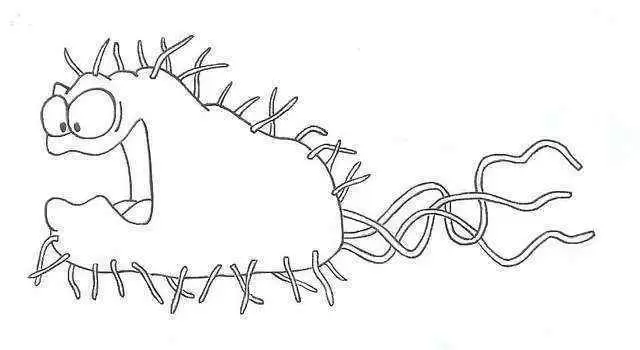
Celiac.com 07/16/2010 - Advances in genetic science are allowing researchers to look more deeply into the genetic causes of auto-immune diseases, including celiac disease.
One recent study showed that a particular variation, called the non-synonymous (Gly307Ser) variant, rs763361, in the CD226 gene carries a higher risk for multiple autoimmune diseases in European Caucasian populations. At the conclusion of that study, though, there was still no comparable study of shared autoimmunity with CD226 in non-European populations.
Celiac.com Sponsor (A12):
An international research team set out to investigate any connection between this single nucleotide polymorphism (SNP) with autoimmune diseases in non-European populations. The team included Amit K. Maiti, Xana Kim-Howard, Swapan K. Nath, Celi Sun, and Parvathi Viswanathan; Laura Guillén and Alejandra C. Cherñavsky; Xiaoxia Qian and Nan Shen; Adriana Rojas-Villarraga and Juan-Manuel Anaya; Carlos Cañas, Gabriel J. Tobón; and Koichi Matsuda
They are affiliated variously with the Genetic Epidemiology Unit of the Arthritis and Immunology Research Program at the Oklahoma Medical Research Foundation in Oklahoma City, OK, USA, the Immunogenetic Laboratory of the Hospital de Clínicas José de San Martín at the Universidad de Buenos Aires in Buenos Aires, Argentina, the Shanghai Institute of Rheumatology at Renji Hospital, JiaoTong University School of Medicine in Shanghai, P.R. China, the Centre for Autoimmune Diseases Research (CREA) at the Universidad del Rosario-Corporación para Investigaciones Biológicas in Bogota, Colombia, the Rheumatology Unit of the Fundación Valle del Lili in Cali, Colombia and the Laboratory of Molecular Medicine at the Human Genome Centre of the Institute of Medical Science at the University of Tokyo, Japan.
To evaluate any connection between this single nucleotide polymorphism (SNP) with autoimmune diseases in non-European populations, the team compared case–control association between rs763361 and celiac disease (CED) samples from Argentina; SLE, RA, type-1 diabetes (T1D) and primary SS (pSS) from Colombia; and SLE samples from China and Japan.
They then genotyped rs763361 and used 2-test to evaluate its genetic association with multiple auto-immune disorders. For each association, the team calculated odds ratio (OR) and 95% CI.
Their results show clearly that rs763361 shares a significant association with celiac disease in Argentina (P = 0.0009, OR = 1.60). They also noted indications of possible association with Chinese SLE (P = 0.01, OR = 1.19), RA (P = 0.047, OR = 1.25), SLE (P = 0.0899, OR = 1.24) and pSS (P = 0.09, OR = 1.33) in Colombians.
The team then conducted meta-analyses for SLE, using their three populations, and T1D, using their population together with three published populations. Those analyses showed a significant association with rs763361, P = 0.009 (OR = 1.16) and P = 1.1.46 x 10–9 (OR = 1.14), respectively.
The team's results show clearly that the coding variation rs763361 in the CD226 gene is associated with multiple auto-immune disorders in non-European populations.
Taken together, these studies show that the non-synonymous (Gly307Ser) variant, rs763361, in the CD226 gene carries a higher risk for multiple autoimmune diseases in both European Caucasian and non-European populations.
Source:
- Open Original Shared Link



Recommended Comments